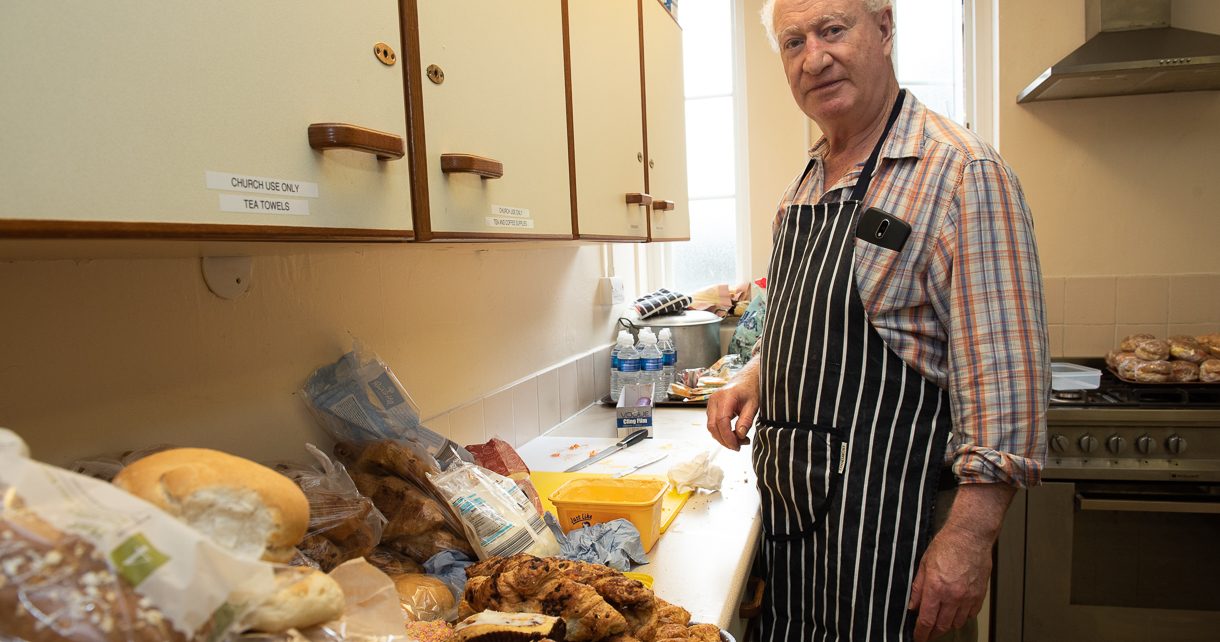Rich-poor divide
New Class poll shows majority of Britons yearn for fairer society When the Tories push for policies that deliberately aim to further widen the inequality gap—from tax breaks for the rich to austerity—they assume that this is the society many voters want.
But a new YouGov poll commissioned for the Centre for Labour and Social Studies (Class) points to the overwhelming support among voters of all political persuasions for a fairer society with a narrower divide between the rich and the poor.
Since the 2010 general election, when the Tory-led coalition government took power, 47 per cent of those surveyed felt that the country had become less fair, with only 12 per cent believing it had become fairer.
The vast majority of the over 1,600 respondents – 63 per cent—felt that the widening gap between the rich and the poor in the country has had a decidedly negative effect on British society. More than one in three Conservative voters agreed that inequality was bad for society as well.
Beyond the social impact of the rich-poor divide, one in two people felt that the gap was bad for the economy, too.
In response to the survey, Class chair Steve Hart said, “Policies that narrow the gap between the rich and the poor have clear popular support. It’s time for politicians to put forward how they are going to tackle widening inequality in Britain.”
Labour’s moment
Interestingly, the poll revealed popular support for bold measures that seek to reverse the gap, many of which have been embraced by the Labour party.
Over half of those polled believed a mansion tax—an annual property tax on high value homes— would reduce economic inequality, while a full two-thirds of respondents thought that increasing taxes on top earners making more than £150k would stem inequality.
An overwhelming majority – over 80 per cent – believed closing loopholes for Britain’s notorious tax evaders would be an effective measure for narrowing the gap between rich and poor.
Nearly 60 per cent, including a whopping half of Conservatives polled, thought that significantly raising the minimum wage would create a more equal society, a policy that Labour has explicitly backed.
Two-thirds supported capping executive salaries at 65 times the rate of the lowest paid employee, while only 16 per cent opposed the measure.
“Labour has talked about pay ratios,” Hart contended. “This poll shows that that the public is well behind capping the pay of those at the top in relation to those at the bottom.”
“If Labour answers the fairness question, it can gain support at the ballot box,” he added.
Children of privilege
More than half of respondents supported abolishing the charitable status of private schools, a measure that has recently gained quick traction in Scotland.
This status gives these bastions of privilege—many of which charge £30,000 a year in fees or more, effectively excluding all but the super-rich—an £100m tax break every year.
The majority who supported abolishing the charitable status also supported using the money the government may generate from such a measure to help improve education for those most in need.
As UNITElive has reported before, those left behind in the deep end of the state education system could well use a subsidy that wealthy students hardly need.
“It is outrageous that the government supports schools that contribute to an unfair education system,” said Hart. “It allows financially privileged pupils to succeed as a result of their parents’ incomes, rather than their abilities.”
Wake-up call
Hart argued that the poll was conclusive evidence showing that growing economic inequality would be at the top of the agenda in the coming general election.
Even though many of the measures supported in the survey are backed to varying degrees by the Labour party, there was little confidence among respondents in any of the political parties to create a fairer society.
Labour had the greatest support among respondents to create a fairer society, but just barely—19 per cent supported the party, followed by 15 per cent for the Conservatives and 13 per cent for Ukip. The Lib Dems were a distant afterthought with only 8 per cent support.
This tepid support is perhaps a grim reminder that the political establishment has a long way to go to engage voters who care about a more equitable society.
“These results are a wake-up call for political parties to take the issue of fairness seriously in the run up to the next election,” Hart said.
Class is a progressive think tank established in 2012 with the support of trade unions to act as a centre for left debate and discussion.
The think tank will hold their second annual conference on Saturday November 1, where delegates from across the nation will gather to discuss and debate challenging inequalities in wealth and power.
Follow #classcon14 for the latest from the conference this Saturday.
 Like
Like Follow
Follow


